















































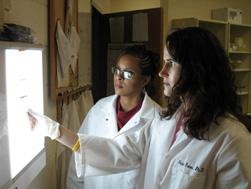


















































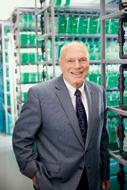
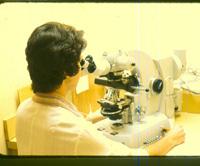









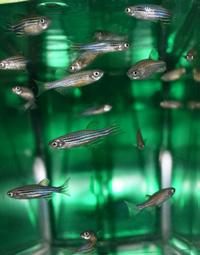

































































































































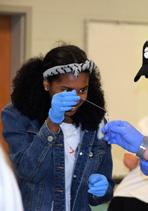
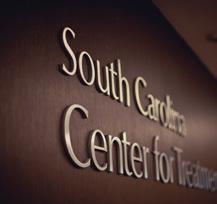
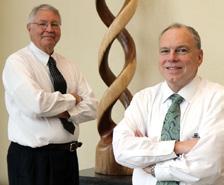
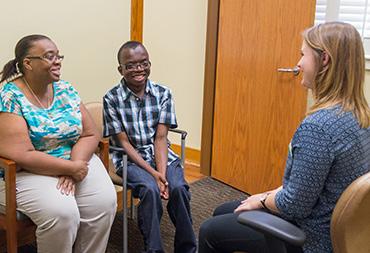
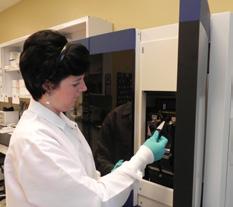



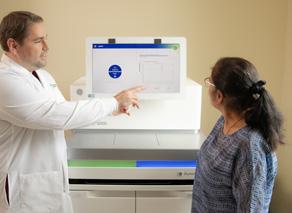
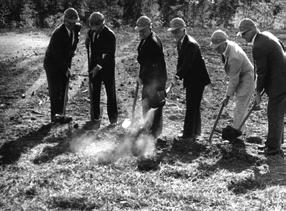
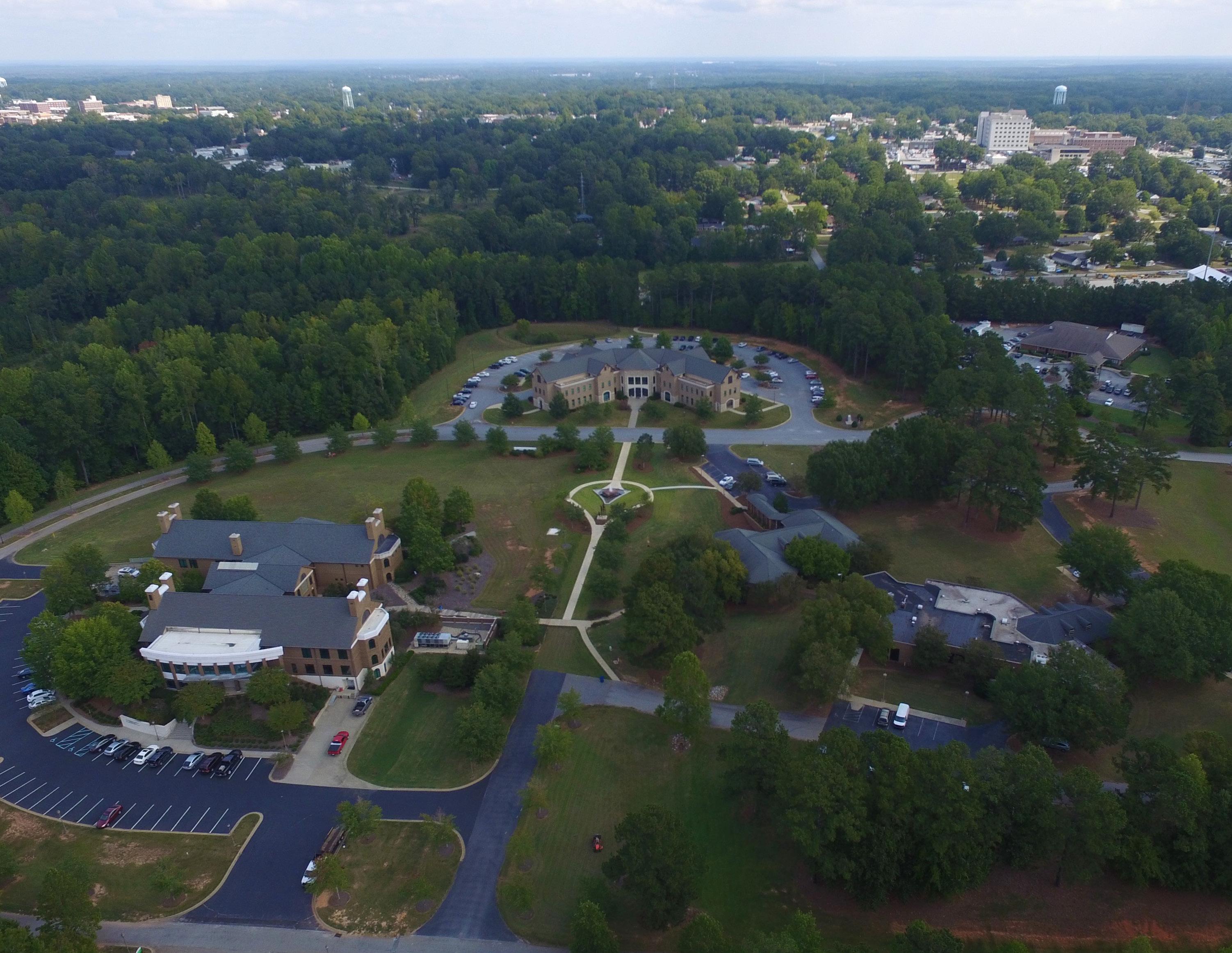
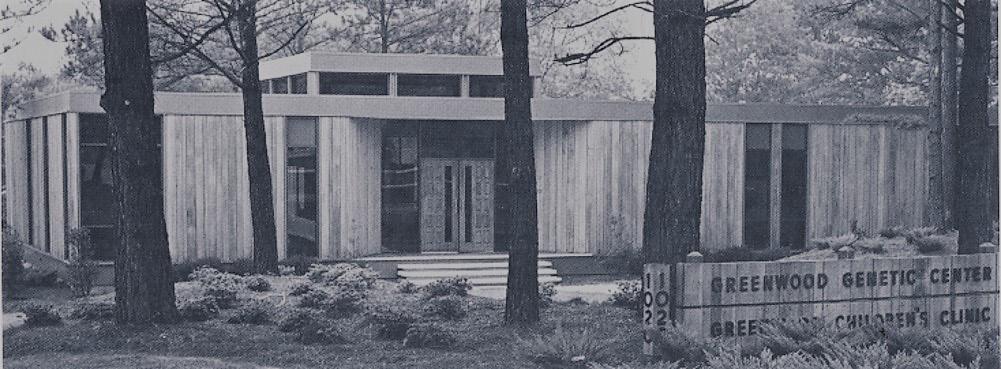
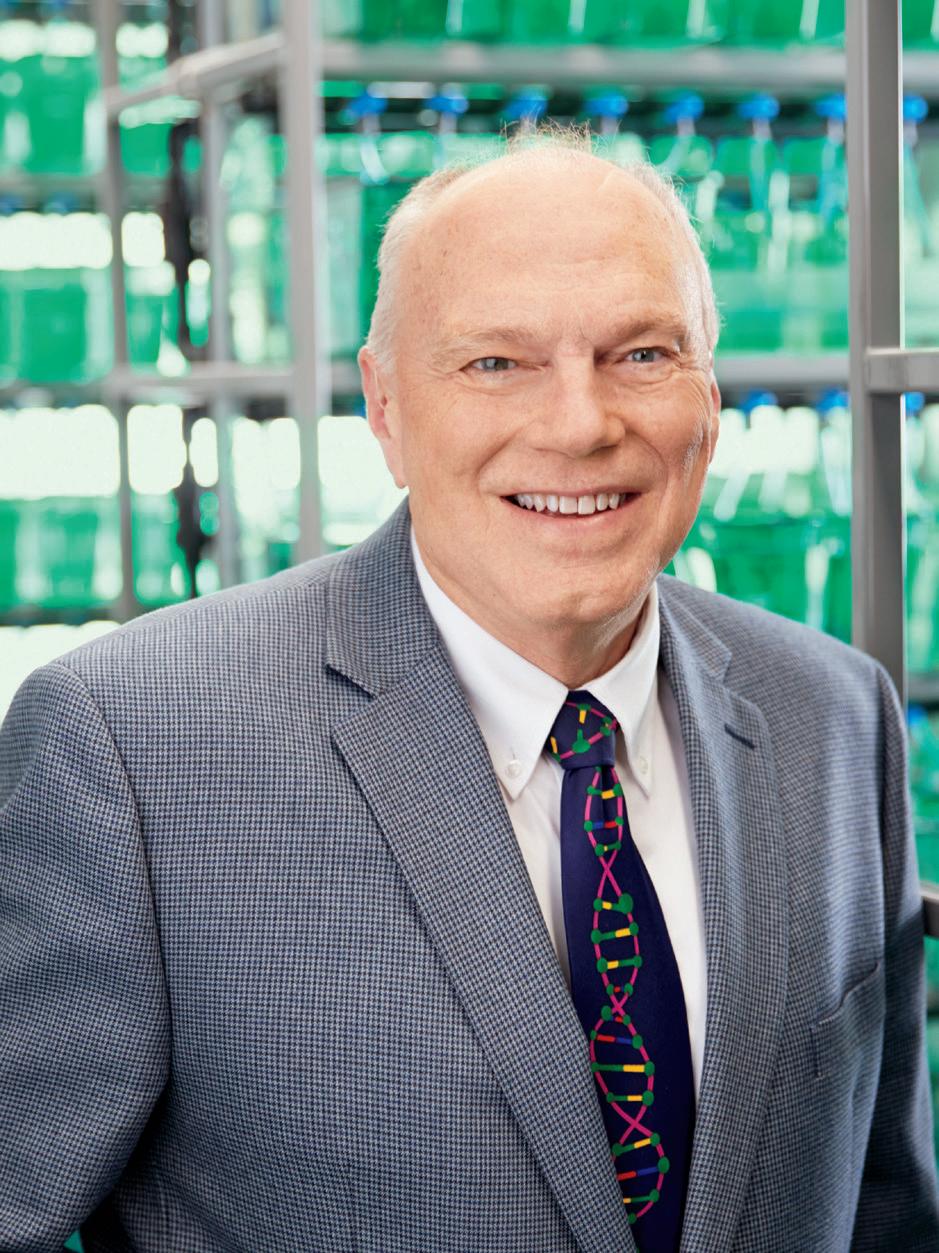
As we mark the Greenwood Genetic Center’s milestone golden anniversary, it has been so gratifying to look back over the past five decades and reflect upon all that this organization has achieved.
From the day GGC opened its doors in 1974 through today, we have found long-awaited diagnoses, made research discoveries that improved care worldwide, inspired students to pursue careers in genetics, and most of all provided support and hope to the tens of thousands of patients and families we have been honored to serve. We have witnessed many remarkable changes in genomic technologies and in our ability to not only make a diagnosis, but to deliver treatments and improve the quality of life for those who entrust their care to us.
And while we celebrate and honor the past, we are also looking ahead to the future, where genetics and genomics permeates almost every medical specialty. Our precision medicine initiative builds upon our strengths of the past - compassionate care and stateof-the-art technologies - to harness our innovative spirit to find more answers and identify personalized treatments for those impacted by genetic disorders.
None of GGC’s past achievements or our futures successes would be possible without the expertise and dedication of the current and past GGC workforce. Their compassion and commitment is inspiring to me, and I am honored to be a part of this amazing organization.
Steven A. Skinner, MD President and CEO
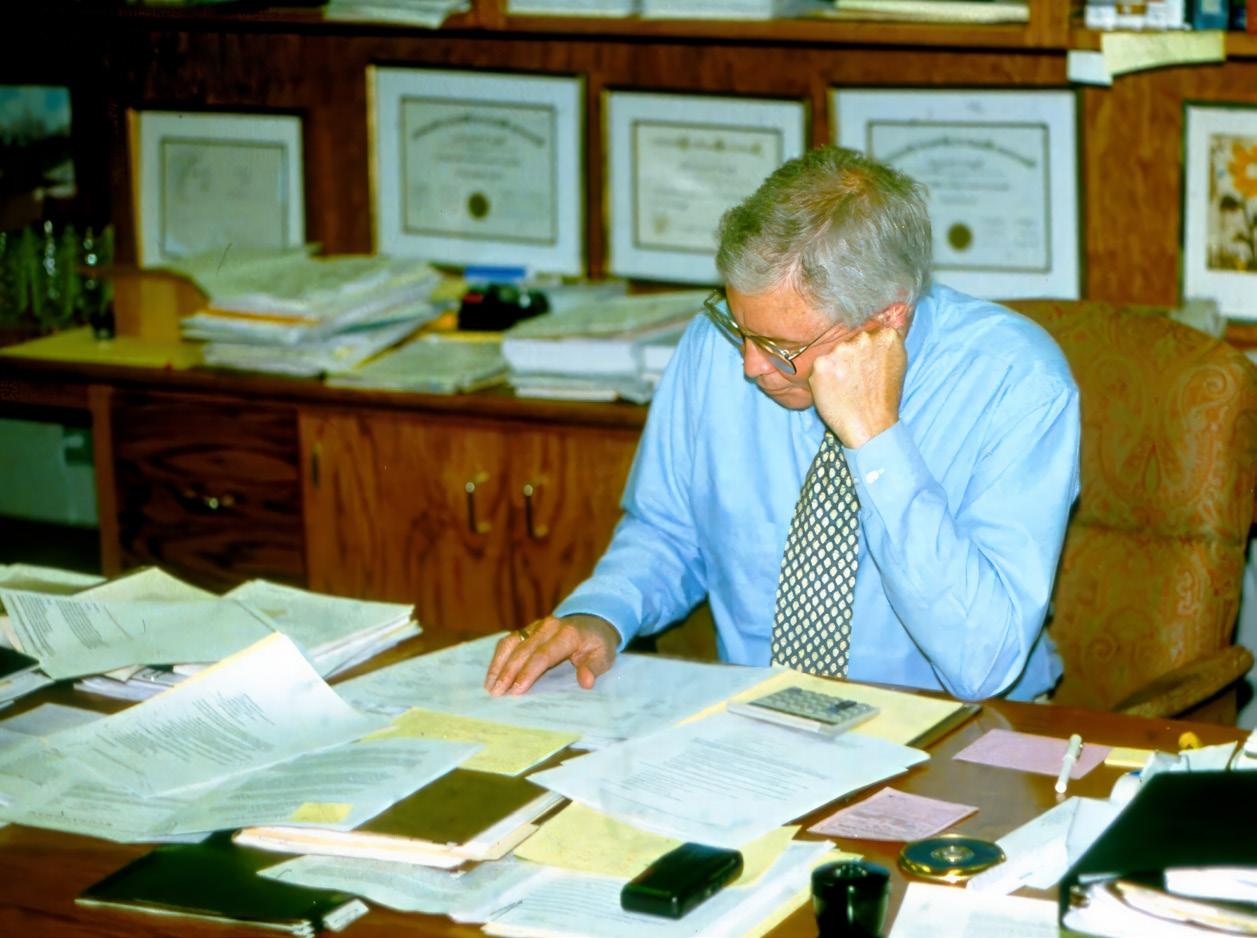
It’s very unusual (maybe even entirely unique) to find a world-renowned scientific organization nestled in the outskirts of a small Southern town. But that’s just where you’ll find the Greenwood Genetic Center.
Born from the vision of Roger Stevenson, MD, and Hal Taylor, PhD, two fellows studying at Johns Hopkins under giants in the field of genetics, GGC has become a leader in genetic medicine, diagnostics, research, and education while staying true to the founders’ mission of providing high-quality, compassionate care to all families impacted by genetic disorders.
GGC’s home in Greenwood was the direct result of efforts by founding board members, Fred Williams, MD, Boykin Curry, Bill Klauber, MD, and Bob Erwin who ignited interest in the Genetic Center concept in the community and worked through the spring and summer of 1974 to secure support for the project, most notably from Greenwood businessman and philanthropist Jim Self.
Life was breathed into the Center with the announcement on August 7, 1974, of a major grant from the Self Foundation. The Foundation’s Trustees further negotiated with the then SC Department of Mental Retardation (now Department of Disabilities and Special Needs) and Governor John West to secure state support for the development and operation of the Center. This unique support structure of private and public resources has continued to the present day.
Arriving in Greenwood on October 3, 1974, Dr. Stevenson brought drawings in hand for the Center’s first building and plans in mind for a lifetime of work. The Spring Street facility, occupied in July 1975, served as the Center’s base of operations until July 1984.
Dr. Taylor arrived from Baltimore in April of 1975 to begin recruiting and training lab personnel and overseeing construction of the laboratory. The lab activities expanded so rapidly, that more space was needed within three years. In August of 1980, new laboratories were constructed on the current GGC site. Clinical development expanded quickly as well with satellite clinics established across South Carolina in the late 70s and early 80s. A new clinic building was constructed on the current campus in 1984.
Opening in 1996, the J. C. Self Research Institute of Human Genetics became an international resource where scientists seek a greater understanding of the causes, treatment, and prevention of birth defects, intellectual disability, and rare diseases.
As the Center expanded its focus into the area of treatment, the vision for the South Carolina Center for the Treatment of Genetic Disorders was conceived. This 30,000 square foot state-of-the-art facility opened in 2009 and currently houses both the Clinical and Diagnostic Laboratory Divisions of the Center. It serves as home for the Metabolic Treatment Program and supports the Center’s active involvement in clinical natural history studies and treatment trials.
The Division of Education expanded in 2010 through a grant from the National Human Genome Research Institute allowing for the conversion of the former laboratory space into a Genetic Education Center. That same year the Gene Machine, a custom mobile science laboratory, was acquired to provide genetic laboratory experiences for students and teachers across South Carolina.
The GGC campus now encompasses 200 acres, including the 30 acres encompassing GGC facilities along with undeveloped land dedicated to the GGC Partnership Campus. The campus currently houses the Clemson University Center for Human Genetics and is poised for expansion to grow the biotechnology and life sciences industry in Greenwood.
With growing partnerships, technological advances in genetics, and the expertise and commitment of the talented faculty and staff, after 50 years, the work and impact of the Greenwood Genetic Center is just getting started...
If you want to learn more about GGC’s history, GGC cofounders, Roger Stevenson, MD, and Hal Taylor, PhD, have captured their memories, stories, and the many accomplishments of the Center’s first 25 years in a new book, The Early Years: A History of the Greenwood Genetic Center. This account reviews the events that led to the creation of GGC along with patient stories and many colorful anecdotes that shaped GGC into the unique and successful organization that it has become.
To read an excerpt or order your copy, visit www.GGC.org/TheEarlyYears.
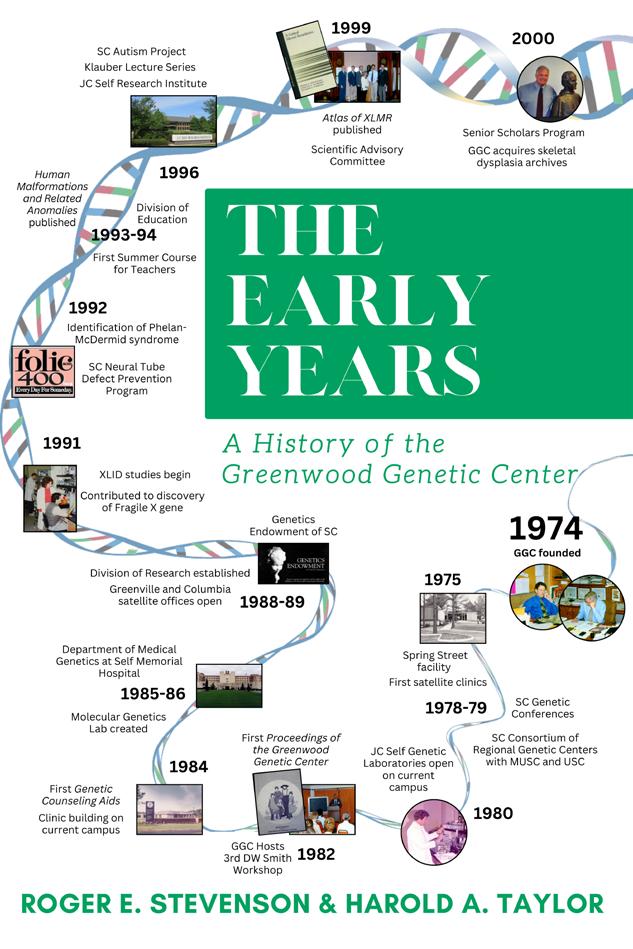

GGC’s clinics are the impetus for our entire mission. Serving patients in need of answers and support, the clinical division provides consultations, genetic counseling, and treatment for countless families across South Carolina. With five clinical office across the state (Charleston, Columbia, Greenville, Greenwood, and Florence), as well as telegenetics services and asynchronous eVisits, families can access exceptional genetics care when and where they need it. GGC clinicians have expertise in areas including birth defects, neurodevelopmental disorders, rare metabolic diseases, and cancer geneticsserving patients across the entire lifespan with compassion and experience.
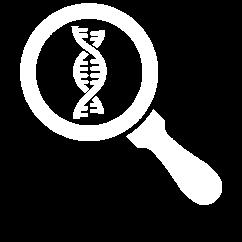
To understand the immense growth of the field of medical genetics, you just need to look at the changes in diagnostic testingGGC’s labs have seen it all! The first and only test available in our labs in 1974 were chromosomes - albeit very poor resolution analyses compared to today’s standards. Through the years, the labs expanded to add innovative biochemical and molecular testing that now include novel biomarkers, whole genome sequencing, and epigenetic signatures. As the technology has grown, so has the ability to provide diagnoses for more families than ever. With still more work to do, GGC’s labs are constantly evaluating new assays to provide answers, treatments, and hope to those impacted by genetic disorders.

GGC’s research division was established in 1988 and the advances and discoveries have been coming ever since! As home of one of the first birth defects prevention programs and extraordinary efforts in gene discovery, GGC’s Division of Research put the Center on the international map with advances in X-linked intellectual disability and birth defects research. This work has grown to include life-changing efforts towards understanding and treating rare metabolic disorders and a patientcentered functional studies program to make sense of the new and uncertain genetic variants identified through current diagnostic testing.
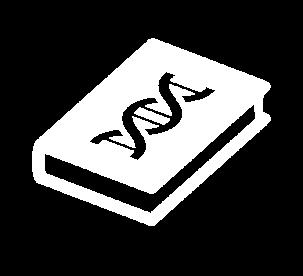
None of us at GGC would be here without the influential teachers who inspired us with the wonders of heredity! The Division of Education is the pipeline inspiring today’s students to pursue this fascinating and rewarding field of study. From the early efforts of statewide conferences and teacher courses, GGC’s educators now reach over 10,000 students each year with the Gene Machine and Helix Express mobile science labs and provide genetics curricula for healthcare providers in training - creating the next generation of clinicians, diagnosticians, and researchers.

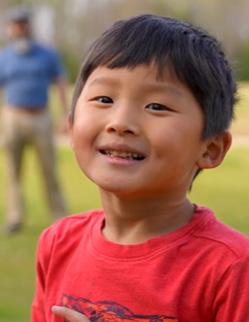
“Unfortunately with Pompe disease being a rare condition, the doctors and staff at the hospital didn’t have a lot of the answers that we were desperately seeking. That’s when we met Laura Buch from the Greenwood Genetic Center. She started giving us information - what the condition was, what the treatment options were, providing us with resources and contact info.
With the Greenwood Genetic Center and the help and support they provide, we feel confident to be able to expand our family. We are really thankful for everything they have done for Nora and all of their patients. She is in the best hands.”
- Lucy Eysen, mom to Nora, Infantile Pompe disease
“Our doctor at GGC was able to determine that Levi did not have traditional PKU (as first diagnosed), but instead has 6-PTPS. That was an absolute life-changing experience!
When we finally got that correct diagnosis and got him started on the right medicine, it was like his brain turned on for the first time. The Greenwood Genetic Center is so important to our family. It’s been a great experience for us because of the amount of time, and effort, and dedication that GGC put into making sure that Levi was diagnosed correctly and making sure that he had the care that he needed.”
-Jeremy and Dianna Puskas, parents to Levi, 6-pyruvoyltetrahydropterin synthase deficiency
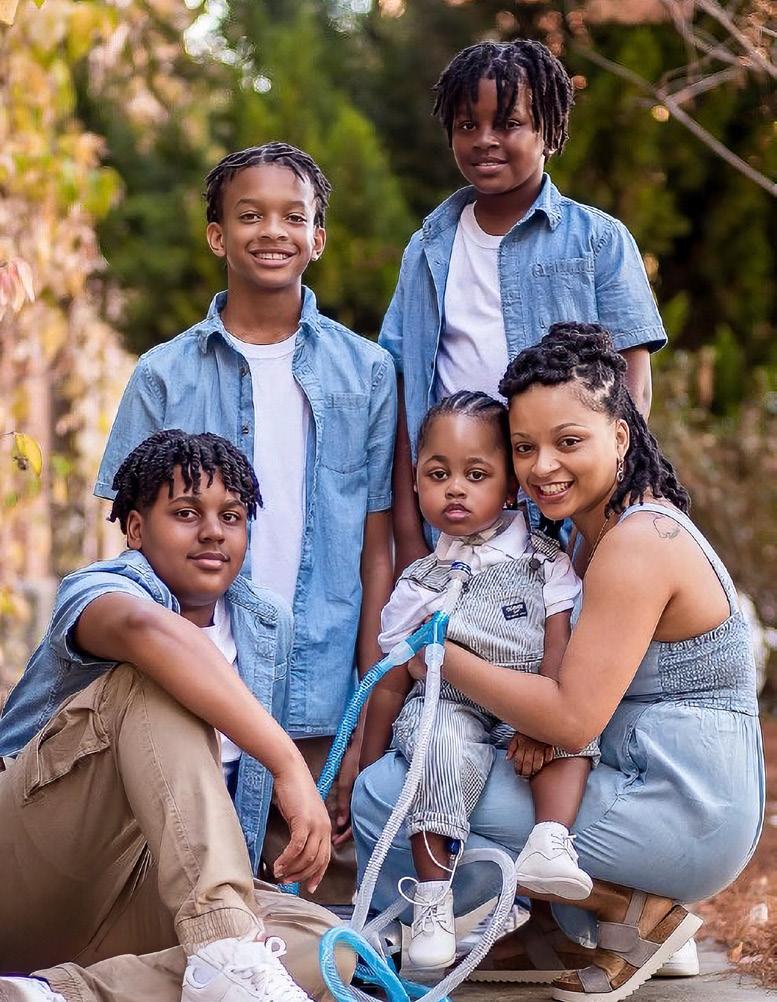

“Shannon was able to schedule us, and instead of waiting weeks or months, within a few days Dr. Clarkson did a telehealth appointment. After that we were able to schedule some lab work to be done.”
I remember Shannon telling me the results take 8 to 10 weeks to come back, but Dr. Louie happened to be working on it one weekend and within about 2 or 3 weeks they called us with the results. We’re so thankful for Greenwood Genetic Center being able to work us in and give us a timely diagnosis because with most rare diseases, time is of the essence. They took the time and that saved his life.”
-Aneesa Gracen, mom to Jeremiah, Thymidine Kinase 2 (TK2) deficiency
Photo Credit:Liz Odom Photography
“I have participated in GGC’s summer camps for high school students, the Youth Apprenticeship program in the J. C. Self Research Center, and will be participating in the college summer internship program in the Cytogenetic Diagnostic Laboratory this summer.
All of these GGC educational programs have helped foster my love of genetics and its surrounding fields. My experiences have taken these topics from subjects I enjoyed studying to a career field I am actively working to join one day. I have loved every minute I have spent at GGC and the staff there have always been so eager to help and teach me more.”
-Maggie Jones, Presbyterian College student majoring in biology and computational biology
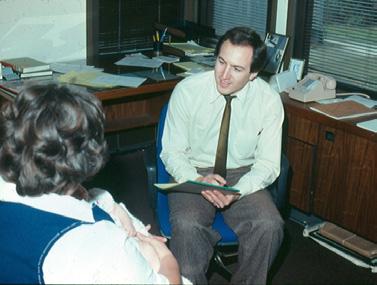
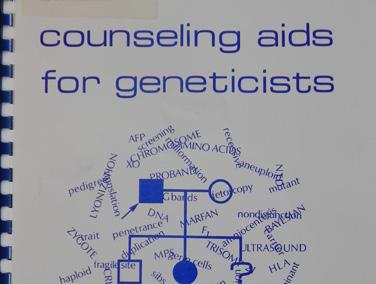
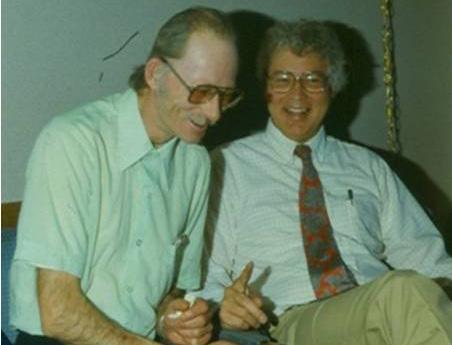

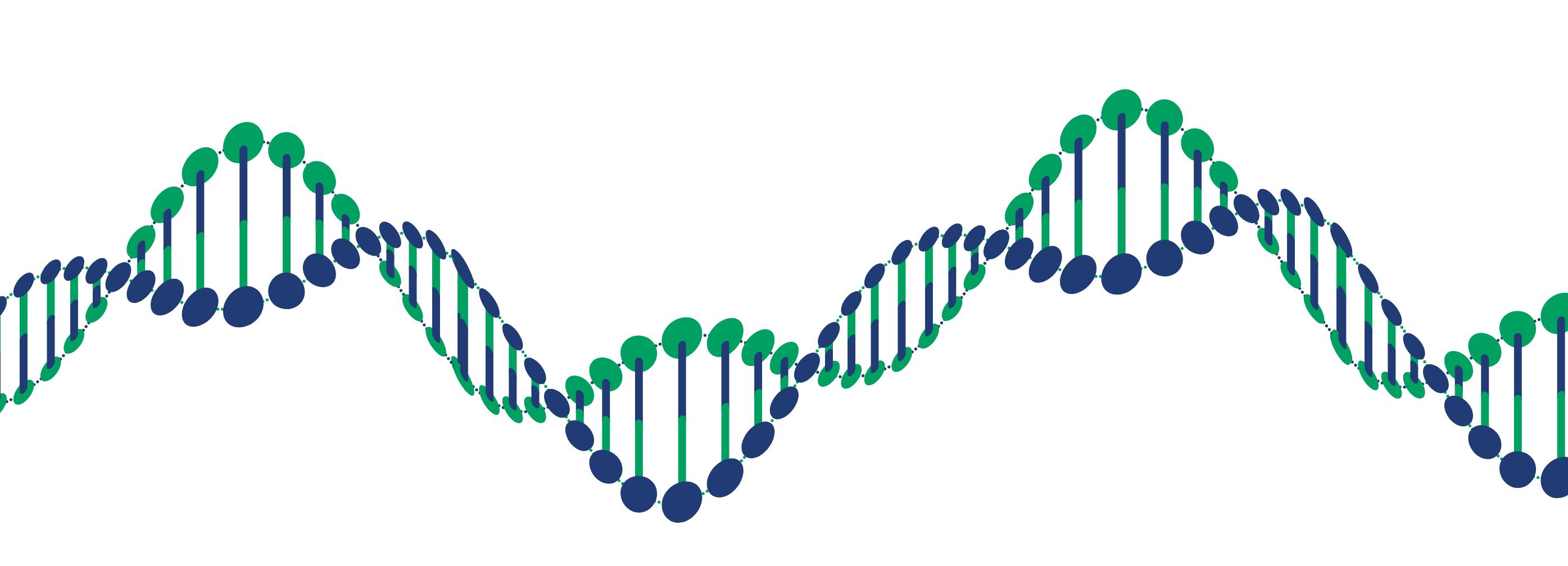
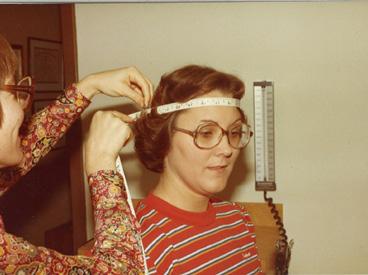

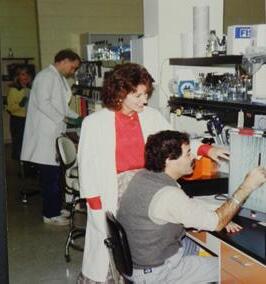
Phelan-McDermid syndrome
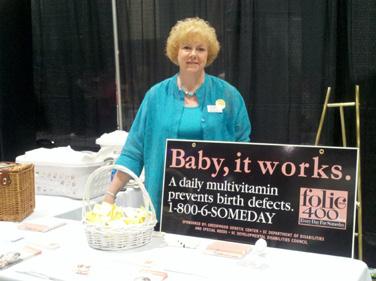
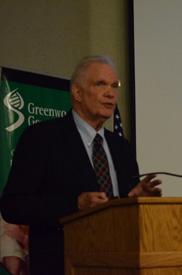
Over the past five decades, genetic medicine has grown from a minor subspecialty to a driving force impacting nearly every area of medical practice. From rare genetic disorders to the most common conditions, GGC is proud to have been a leader in growing the impact of this field. Below is a look at just a few of the important contributions that GGC has made to the understanding and practice of medical genetics.

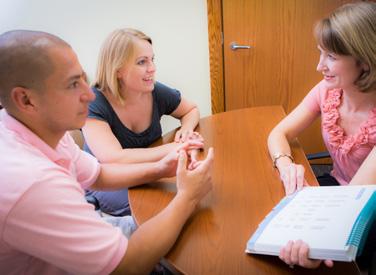
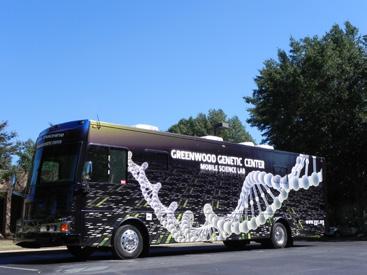
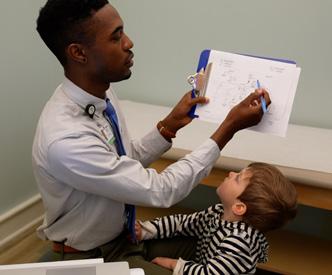
Mobile outreach education program launches with Gene Machine
GGC named Rett Syndrome Center of Excellence
Aquaculture facility with Center’s first model organism
GGC first lab to offer EpiSign testing for epigenetic signatures 19
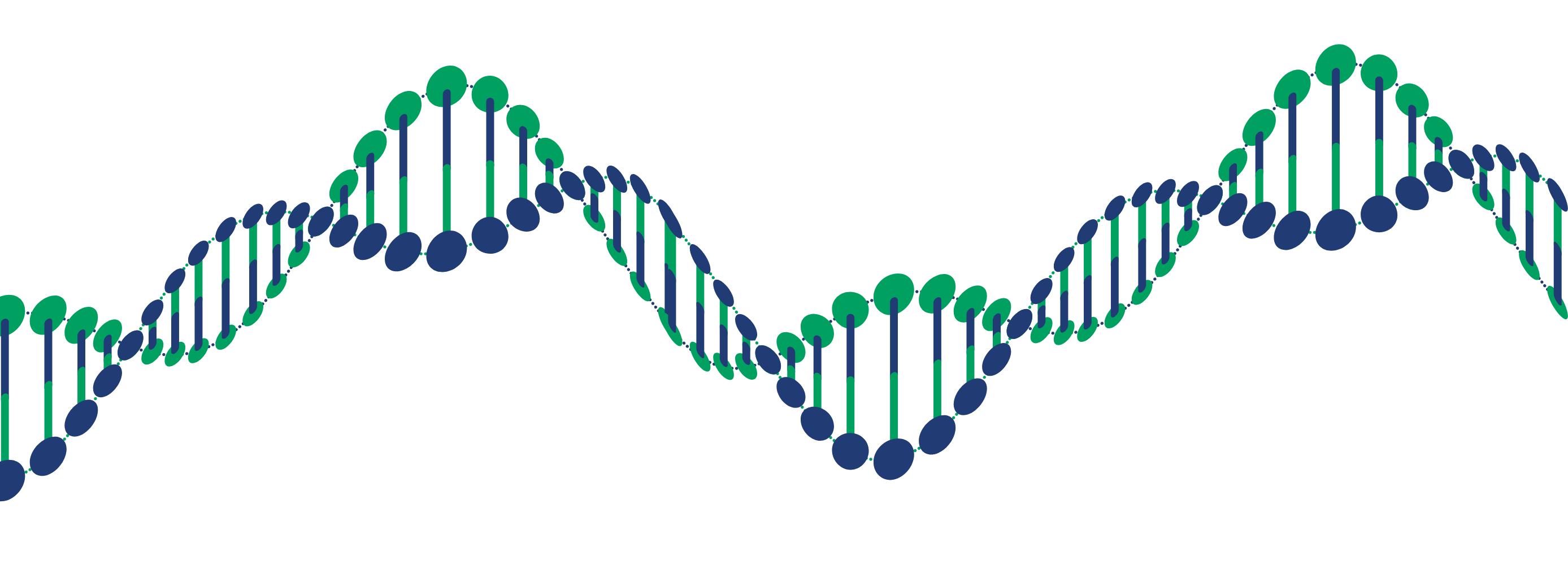
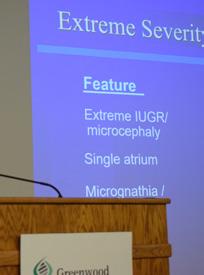
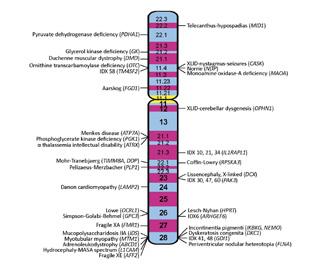
GGC continues gene discovery for X-linked disorders including SnyderRobinson (2003) and FG/Opitz syndromes (2007)
Metabolic Treatment Program for
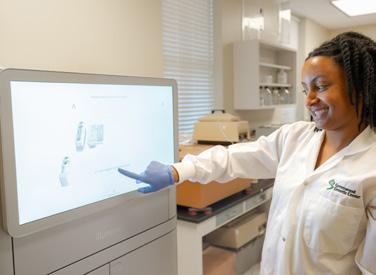
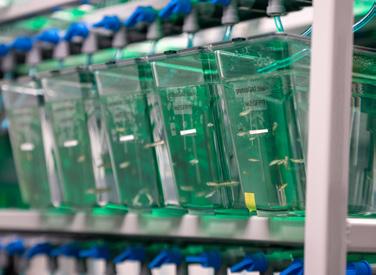
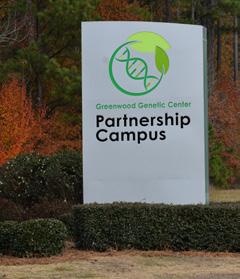
GGC instrumental in first FDAapproved drug for Rett syndrome
Precision Medicine Initiative launched
Carroll A. Campbell, Jr. Alzheimer’s Initiative begins
GGC celebrates 50 years!
Collaboration is the key to our successes at the Greenwood Genetic Center. We believe in the power of partnership to expand our reach and enhance our life-changing impact. By joining forces with like-minded organizations with mutual goals, we can combine expertise and create connections to create more personalized, accessible, and effective genetic services for all.
In 1974, leadership at what is now the SC Department of Disabilities and Special Needs (SC DDSN) had the vision to recognize that the knowledge needed to treat and prevent disabilities was likely to come from the fledgling field of genetics. This lead to GGC’s very first and longest partnership that, to this day, provides consultations, testing, counseling, and treatment for those across South Carolina who are impacted by developmental and intellectual disability and autism spectrum disorder.
From that initial partnership, GGC has developed many significant affiliations, both formal and informal, to improve the quality of life for those impacted by genetic disorders and to build our future genetics workforce.
GGC’s relationship with state entities such as SC DDSN along with the unwavering support of the local SC legislative delegation have benefited families across South Carolina who have are impacted by genetic disorders. The Center’s collaboration with the SC Department of Health and Environmental Control identifies newborns with treatable genetic disorders. GGC’s Metabolic Treatment Program provides education, counseling, and life-saving treatments for hundreds of children and adults with metabolic disorders - preventing disabilities and saving lives.
Genetics education is crucial, not only for future healthcare providers and scientists, but also for all patients who are likely to encounter genomic medicine at some point in their healthcare journey. GGC’s Division of Education provides lectures and genetics curricula for both undergraduate and health professional students and develops collaborative educational initiatives with schools including Clemson University, Lander University, the Medical University of South Carolina, Presbyterian College, and the University of South Carolina School of Medicine. The Center also works collaboratively with researchers at academic institutions worldwide.
With dozens of current industry contracts, GGC’s Diagnostic Laboratories work with global biotechnology and pharmaceutical companies, on various initiatives to improve diagnostic testing capabilities and patient treatment options. These projects include clinical trial laboratory testing, functional studies, novel assay development, and sponsored clinical testing programs. GGC’s expertise supports the growth of the scientific field of medical genetics and most importantly, hope for families in need of answers and treatments.
GGC is working with biotechnology company, MitoSense, and the US Veteran’s Administration on the Carroll A. Campbell, Jr. Alzheimer’s Initiative to investigate the potential of Mitochondria Organelle Transplantation (MOT TM) to treat patients with Alzheimer’s Disease. This work also holds potential for treating pediatric patients with rare genetic disorders of mitochondrial function. The project is housed in the McAlhany Family Center for Collaborative Research on GGC’s Greenwood campus.
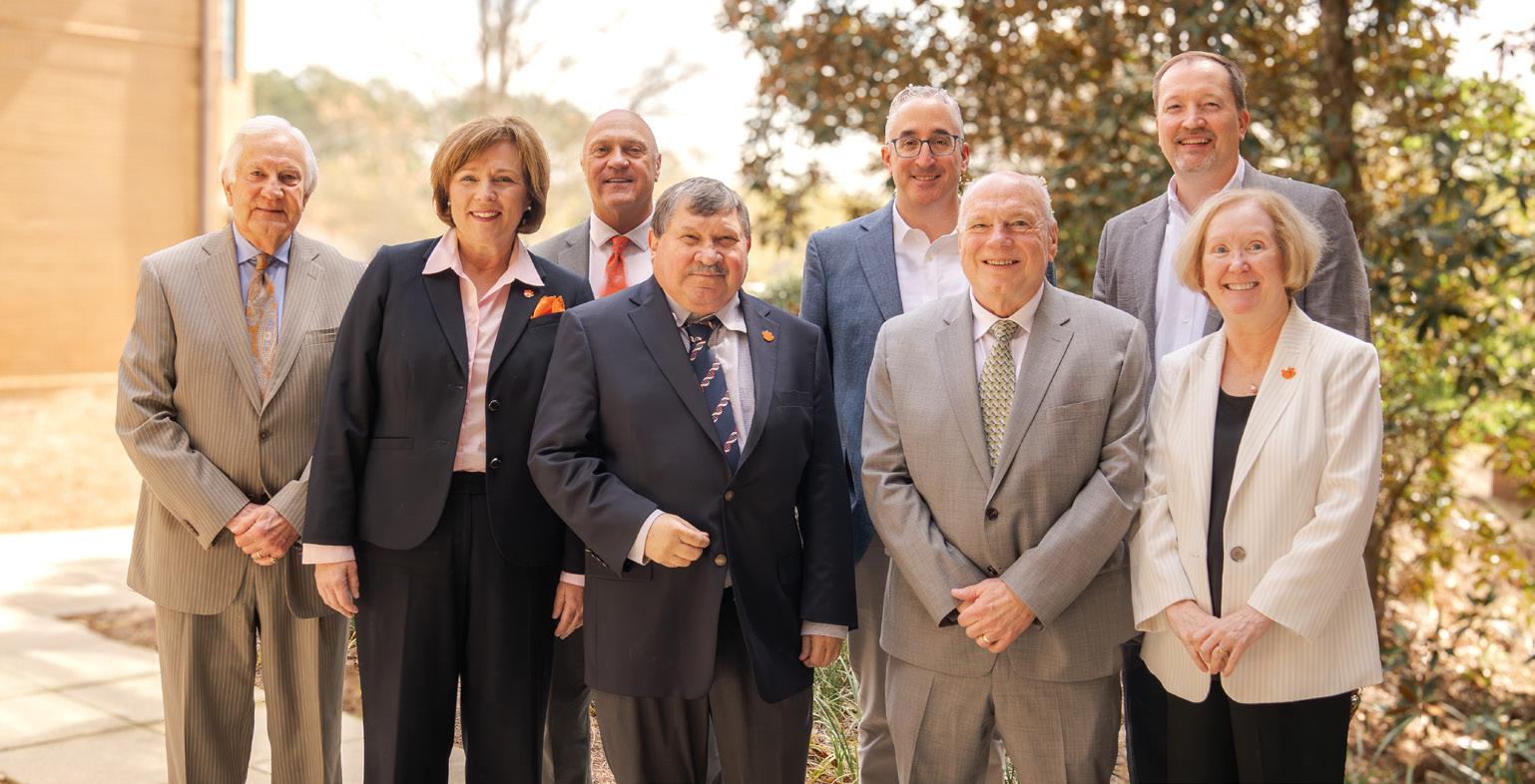
In 2022, GGC developed a formal affiliation with the Medical University of South Carolina (MUSC) with goals of improving access to genetics care for patients across the state and expanding diagnostic technologies and treatments. By combining expertise and sharing resources, GGC and MUSC are developing a framework for precision health, expanding educational offerings for healthcare providers, and improving laboratory and clinical efficiencies to increase throughput and decrease wait times.

Following many decades of fruitful collaboration, Clemson University built the Clemson Center for Human Genetics in the GGC Partnership Campus in 2018. This facility, led by renowned geneticist, Dr. Trudy Mackay, conducts innovative research on complex genetic disorders and routinely collaborates with GGC’s Division of Research. The collaboration led to the first NIH-funded Center for Biomedical Research Excellence (COBRE) in Human Genetics. With Clemson’s recent Clemson Elevate strategic plan focus on building research, the University aims to expand this partnership with additional facilities and faculty on the Greenwood campus.
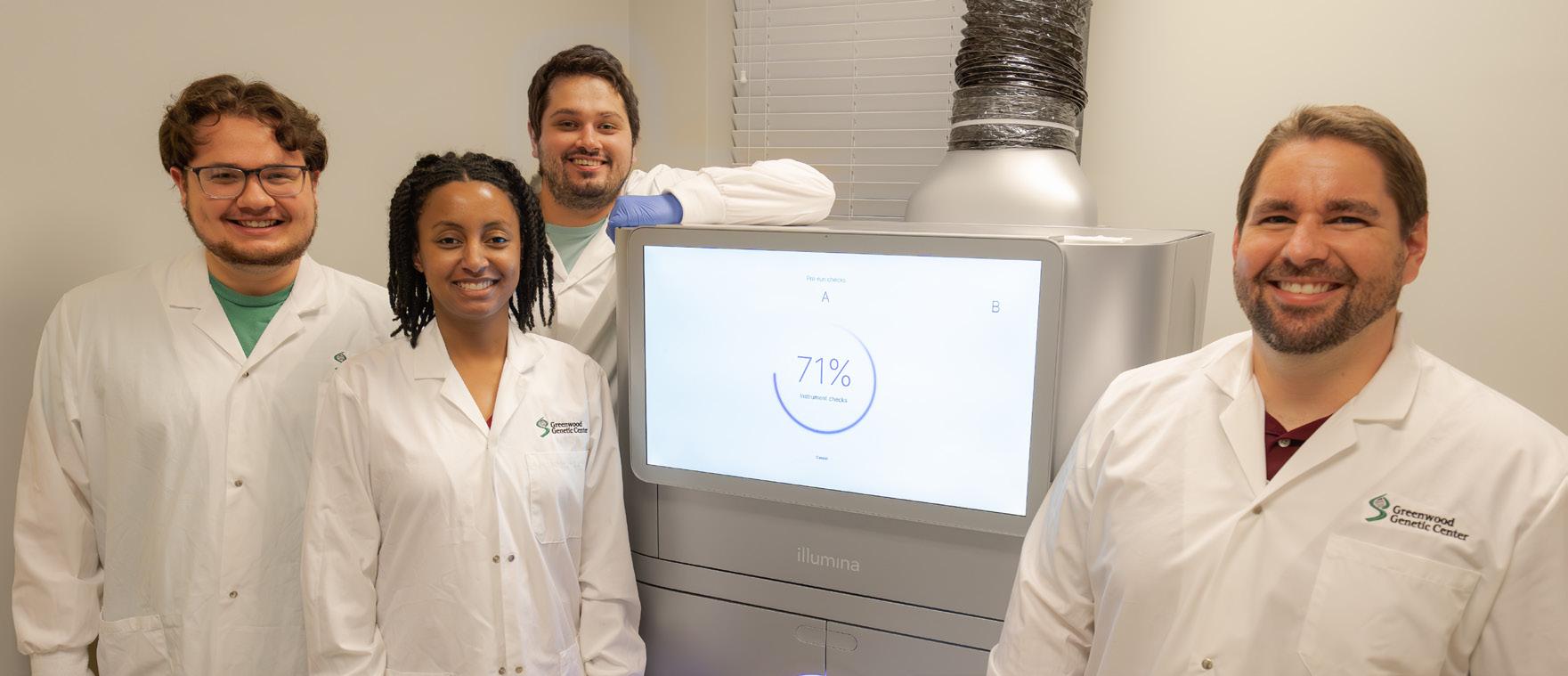
Starting with a staff of six, the Greenwood Genetic Center now employees 200 talented individuals who have built a culture of care and compassionproviding the highest quality of genetic services for the patients, providers, educators, and students we serve.
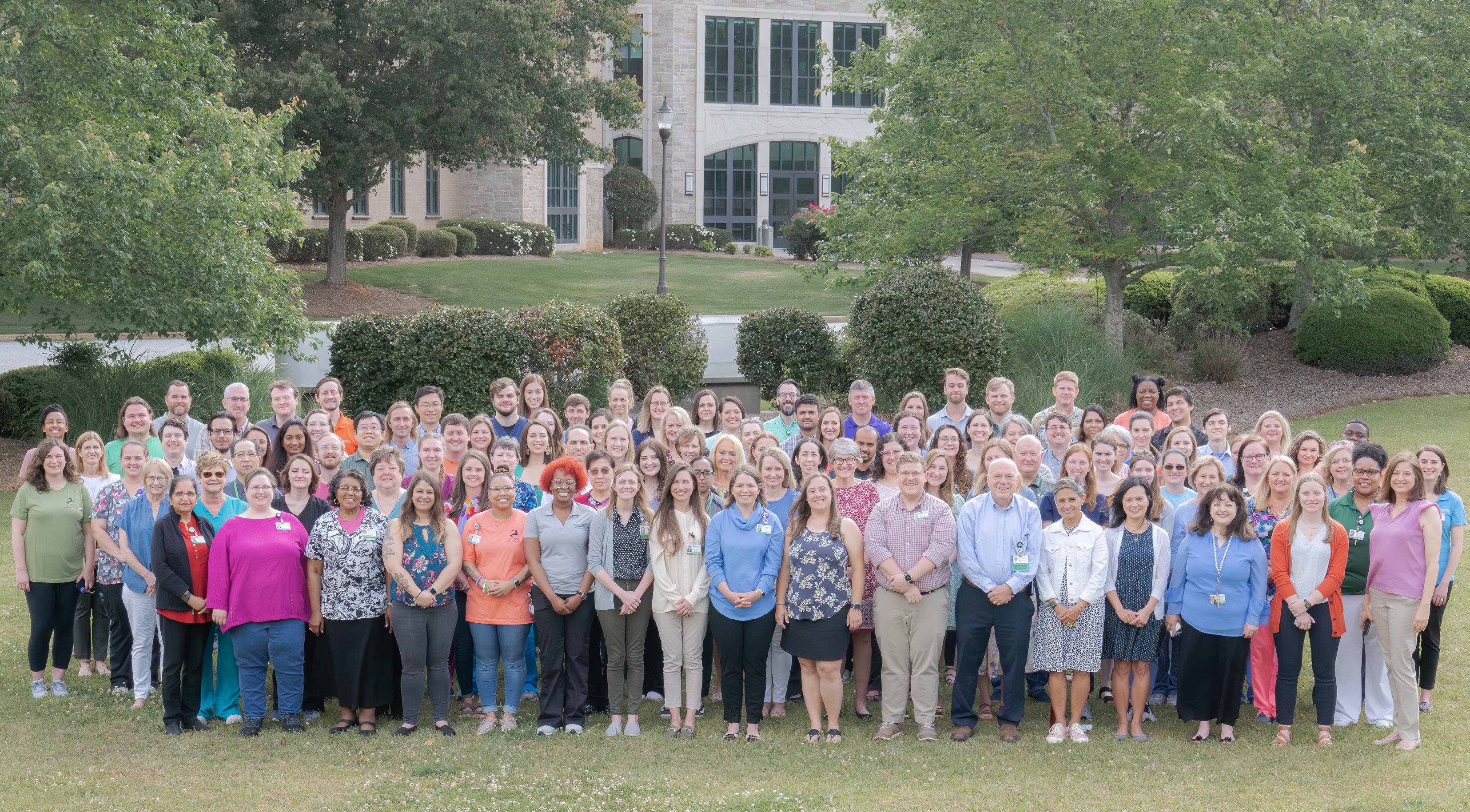

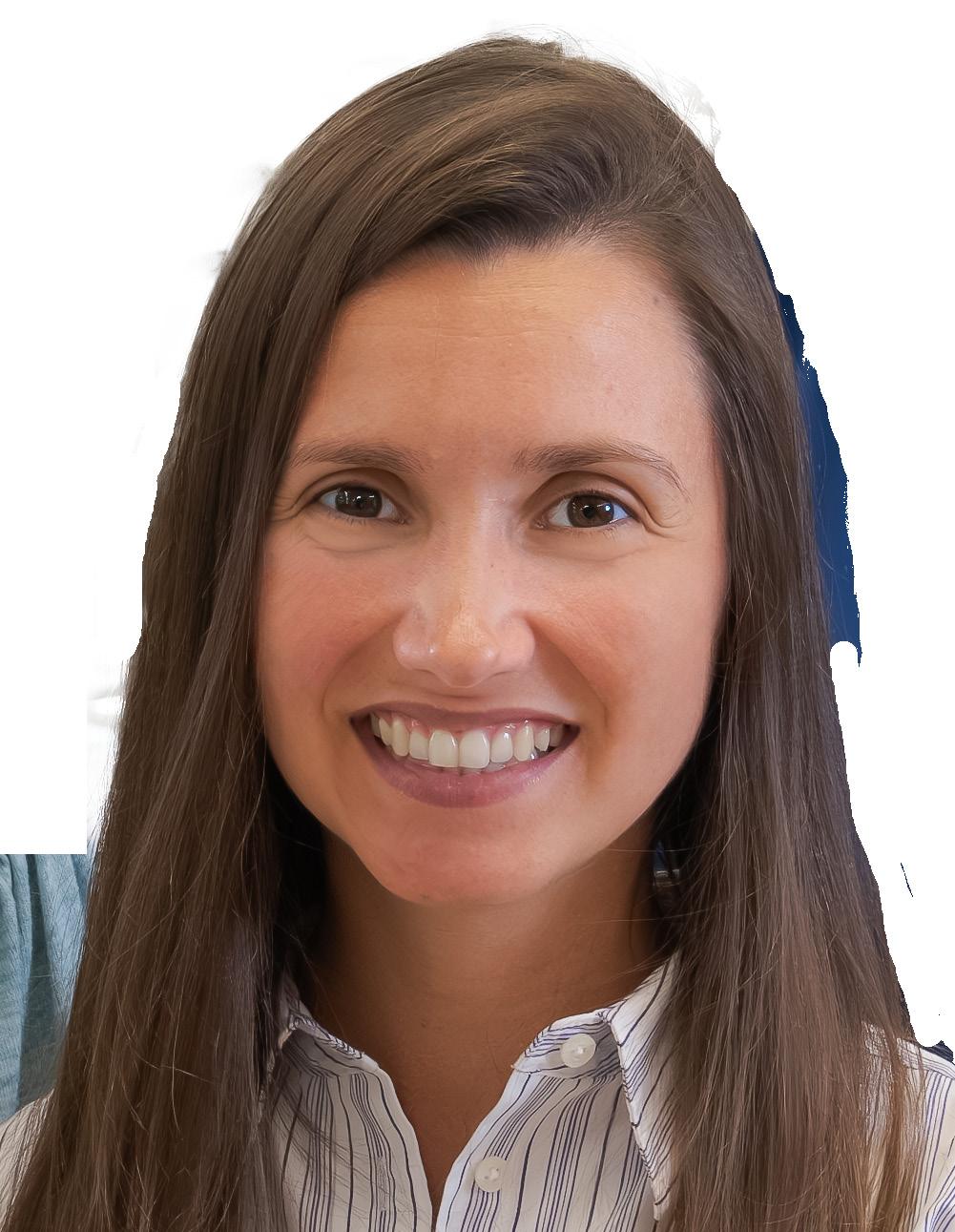
Jane Dean, RN, or ‘Nurse Jane’, as so many affectionately call her, joined GGC in 1975 as a clinical nurse, seeing patients with Dr. Stevenson.
In 1992, she was named statewide coordinator of the GGC’s SC Birth Defects Program which supports families with neural tube defects and educates both women and healthcare providers on the importance of folic acid for birth defect prevention.
Under her guidance, SC has seen a 60% decrease in the number of these severe birth defects, leading to 70 healthy babies born each year in our state!
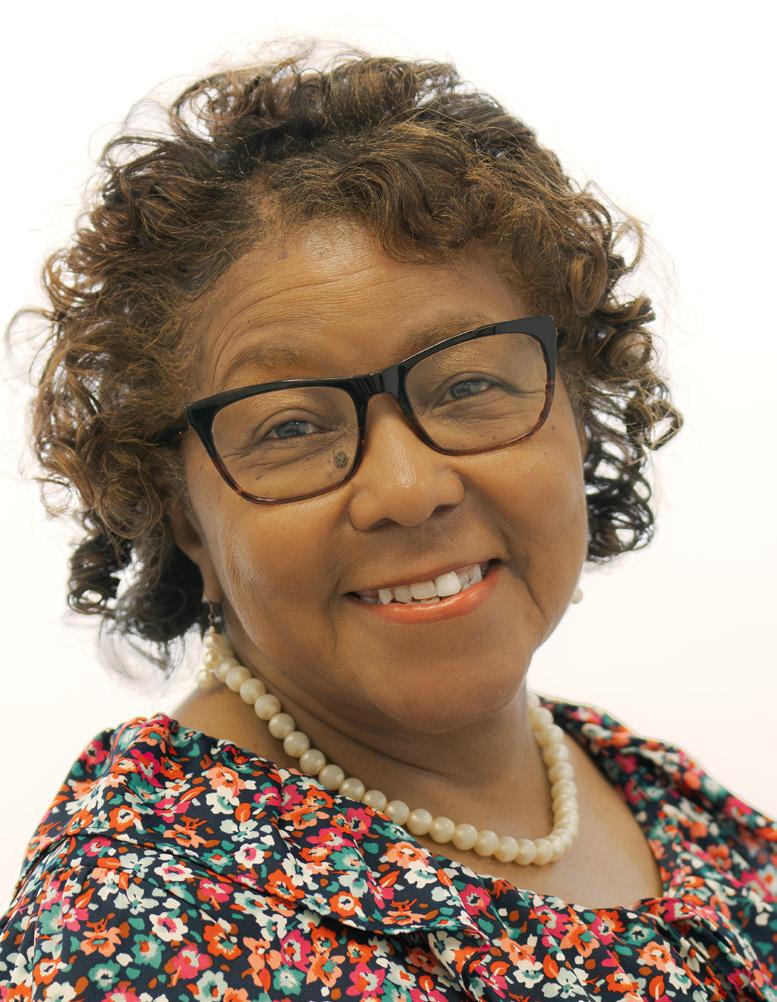
Francyne Kubaski, PhD, joined GGC in 2021 as a staff scientist in the biochemical genetic laboratory.
A highly-decorated young investigator, Dr. Kubaski works tirelessly to improve the diagnosis and treatment of metabolic disorders, especially lysosomal storage disorders. Her work is leading to an improvement in screening, diagnosis, and treatment for patients picked up by newborn screening.
Dr. Kubaski has a passion for her work and for GGC as a dedicated employee and enthusiastic proponent of GGC where she can often be found volunteering for Race the Helix and supporting employee events.
Georgia Miller came to GGC in 2004 as an administrative assistant and is the first person to greet patients when they arrive in the Greenwood clinicalways with kindness and warmth.
Georgia expertly handles all aspects of check-in for both new and follow-up patients and is the first voice everyone hears when they call GGC’s main phone number.
A referral to genetics clinic can cause fear and uncertainty, but when families walk through the front door to Georgia’s welcoming smile and reassuring manner, they are immediately at ease - a priceless feeling.

Dr. Richard “Dick” Schroer is a Senior Clinical Geneticist who came to GGC in 1978 as a fellow. He trained first in clinical genetics and then completed a biochemical genetics fellowship in 2002.
For 45 years, he has served patients with rare metabolic disorders, providing counseling and treatment to prevent disabilities and save lives.
Dr. Schroer is an expert in his field and is beloved by his patients and their families for his wit, his gentle demeanor, and his extensive knowledge in diagnosing and treating patients with these rare genetic diagnoses.
While much of the past 50 years has been focused on clinical care and diagnoses, GGC begins each clinical encounter with the end in mind - how to deliver the right treatment to the right patient in a timely manner. In the world of rare genetic disease, patients often face significant barriers to get to that treatment including access to this specialty care, the inability of current technologies to identify a cause, and the lack of available treatments.
In this era of precision medicine, one-size-fits-all therapies, if one even exists, have often proven ineffective. By understanding the genetic variation in each of us, we can get to the right answers more quickly and provide interventions designed to treat not just a patient, but this patient.
In 2023, GGC launched a new strategic plan to guide the future directions of the Center, a Precision Medicine Initiative that is poised to improve and expedite all aspects of a family’s genetics journey. The plan is bold, but it must be if we are to make a real and lasting impact on the families who have put their trust in us.
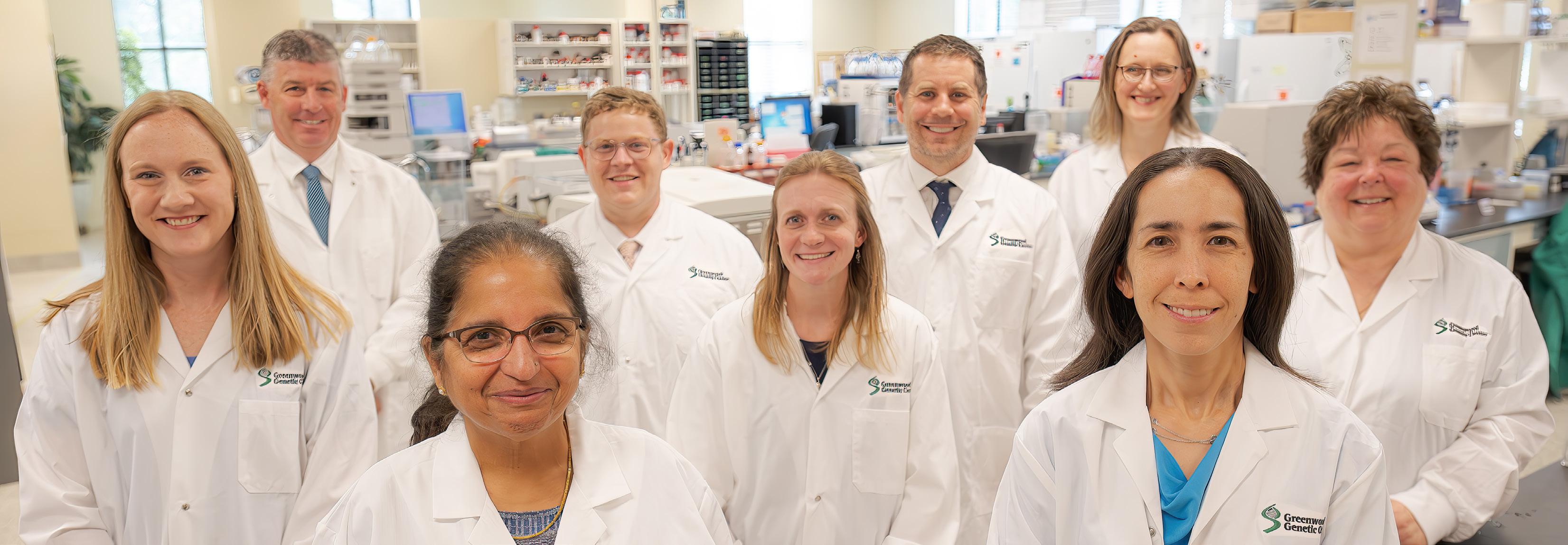
GGC’s Precision Medicine Initiative highlights the unique abilities of the GGC to integrate our divisional core strengths for the benefit of each patient. The collaborative nature of our Center and our culture of care and compassion is highlighted in the four pillars of this initiative - or the four A’s - ACCESS, ANALYSIS, ANSWERS, and ACTION.




No matter what cutting-edge technologies exist or new therapies have been discovered, none of that matters if patients cannot ACCESS genetics care. GGC is committed to removing barriers to access by investing in virtual and asynchronous consultations and financial support through the GGC Cares Fund to provide financial assistance for genetic testing, consultations, and treatment for patients and families who cannot afford them.
Even with the most comprehensive and sophisticated genetic testing available today, we are still only able to diagnose 50-60% of patients. Fortunately, rapid advancements are being made in diagnostic technology, genomic knowledge, and data ANALYSIS. GGC’s Innovation Initiative at the GGC is the “proving ground” for new technologies and bioinformatic approaches when currently available tests fall short of making a diagnosis that will address the challenge of how to identify, adopt, and implement the most promising new technologies.
After all traditional clinical tests have been exhausted and a patient still does not have an ANSWER, the Genomic Discovery Program (GDP) will provide a powerful framework to identify accurate and complete diagnoses for these individuals. The multidisciplinary GDP team enrolls patients into one of three tracks: Discovery (using novel tests to find the diagnosis), Resolution (clarifying uncertain genetic test results), or Treatment (exploring novel interventions).
By better understanding the genetic underpinnings of disease, we can work towards developing more effective therapies and possibly even prevent certain conditions from being passed down to future generations. GGC’s ACTION pillar will focus on developing GGC’s clinical trials program to assess new therapies and also repurpose FDA-approved drugs and supplements that may hold benefit for patients with genetic disorders.
The The Greenwood Genetic Center is a nonprofit institute organized to provide clinical genetic services, diagnostic laboratory testing, educational programs and resources and research in the field of medical genetics.
The Greenwood Genetic Center will be a Center of Excellence in Medical Genetics, serving as a resource for all persons who need genetic services or information, and working to reduce the prevalence and impact of genetic disorders.
tel (864) 941-8100
toll free (888) 442-4363
www.GGC.org



